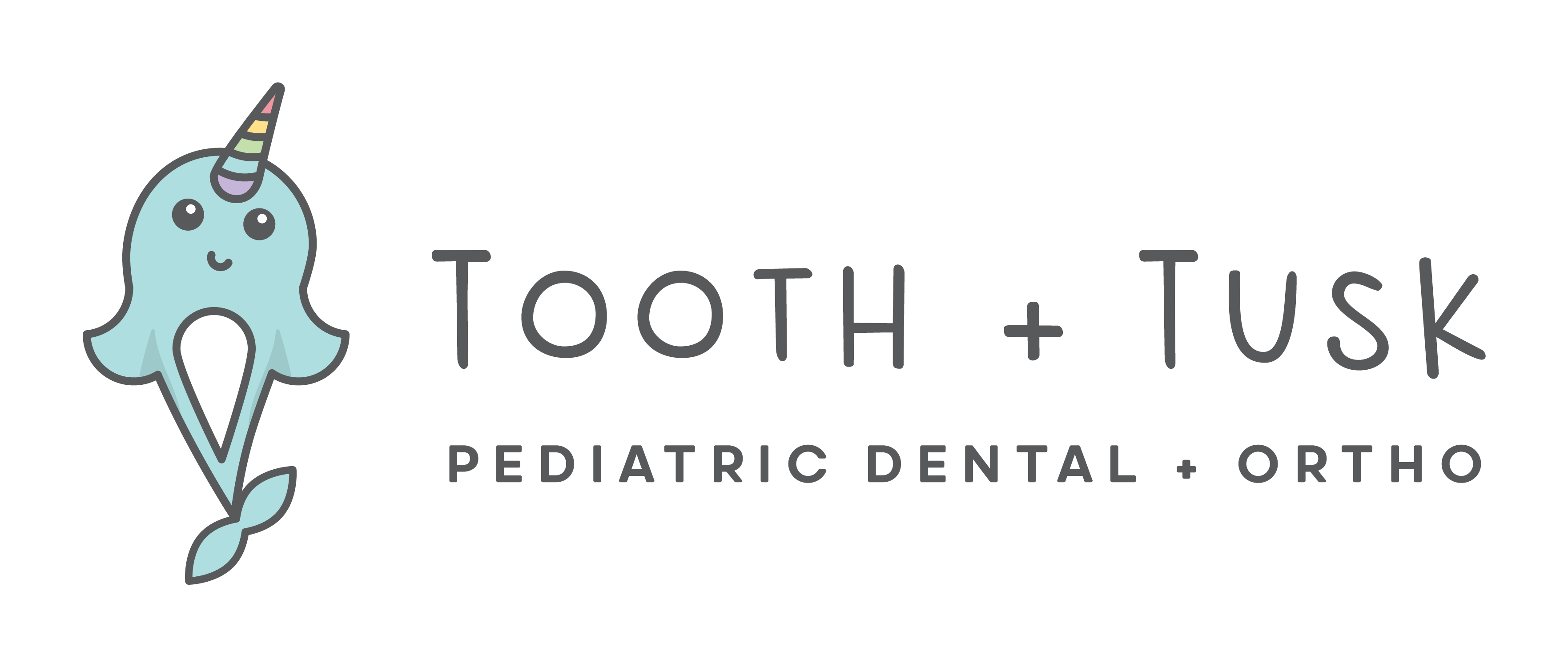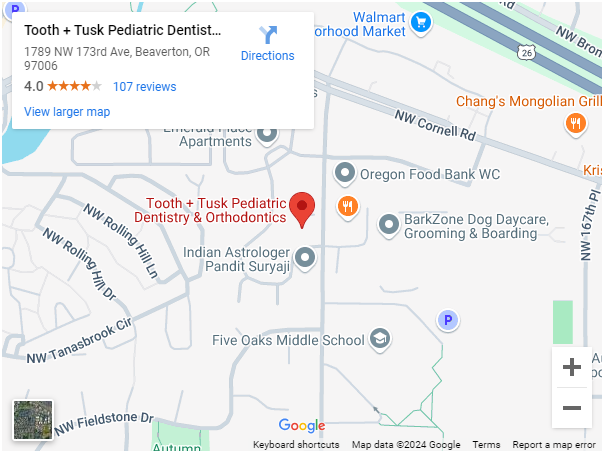Parents
DO have your own dental work completed to prevent passing decay-causing germs to your baby.
Children One Year of Age or Younger:
DO hold baby while feeding. DO NOT prop the bottle.
DO feed baby before putting to bed. DO NOT put baby in bed with a bottle.
DO wipe the inside of the baby’s mouth daily.
DO begin brushing baby’s teeth daily, as soon as they come in.
DO use a small pea-size dab of fluoride toothpaste to brush.
DO lift the baby’s lip monthly to check for white or brown spots on front teeth. If you see any, take your child to the dentist.
DO ask your doctor or dentist about non-fluoride drops when your baby is 6 months old.
DO begin to give liquids in a cup when your baby is 6 months old.
DO wean your child from the bottle at 12 to 14 months of age.
DO take your child for a first dental visit at one year of age. Ask your dentist about topical fluoride treatments.
Dental Visits – Any Age
Adapted from: ABCD Program – University of Washington School of Dentistry September 1999
Snacks for Children, Adolescents, & Teens
Say NO to these snacks more often! Avoid high sugar foods.
- Pop or soda
- Fruit drinks
- Sport drinks
- Chocolate
- Jello water
- Gum
- Kool Aid/ Tang
- Jellies
- Cookies
- Candy
- Jams
- White crackers
- Cakes
- Donuts
- Sweet rolls
- Pop tarts
- Chips
- Sugar & Honey
Say YES to these snacks more often!
- Milk
- Yogurt
- Cheddar chesse
- Vegetables*
- Vegetable dips
- Fruits
- Water
- Eggs
- Pretzels
- Meat cubes
- Melba toast
- Toast strips
- Pizza pieces
- Sandwiches
- Smoked or dried meats/ fish
- Cottage cheese
- Tofu
In order to reduce acid attacks, snacking should be limited to one time between meals.
Eating a small cheddar cheese cube at the end of a meal or snack reduces acid attacks to teeth.
*Make sure all food is cut into very small pieces to avoid choking.
Children under age two may choke on nuts, seeds, popcorn, or raw vegetables.
Adapted from materials produced by: Washington State Department of Health & Social Services; U.S. Public Health Service/ Indian Health Service; Multnomah County Health Department WIC (Women, Infant & Children) Program.

